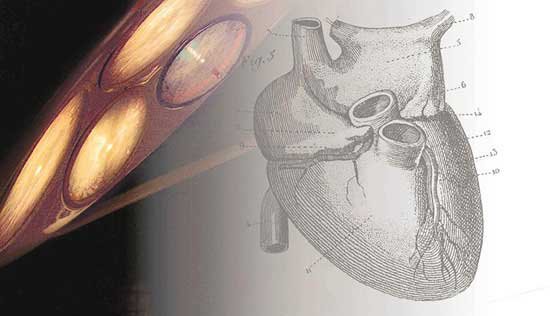Many people file organ donation cards at SIUT
By By Imtiaz Ali
11/7/2007
Karachi
As many as 1,200 people have filed for the organ donation cards scheme launched by Sindh Institute of Urology and Transplantation (SIUT) to save lives of an estimated 50,000 people who die each year due to end-stage organ failure, said D. Bakhsh Ali, spokesman for SIUT. The donation scheme was launched during an international conference aimed at curbing commercialism in human organs and increasing legitimate donation activity.
Prominent among them who filed the donation cards are the famous philanthropist Abdul Sattar Edhi, Chairman Karachi Stock Exchange Shaukat Tareen, President Hindu Panchayat Committee Lala Amar Nath, literary figures Anwar Maqsood, Zohra Nigah, Ardeshir Cowasjee and others.
“It is very noble effort and all citizens should support it whole-heartedly,” Shaukat Tareen told The News.
“I could not do much in my life to benefit others so I hope my death can be useful,” Anwar Maqsood said.
Anwar Maqsood was first person who filed the card. He said he told the SIUT people that which ever one of his organs is useful to anyone should be taken out after his death.
“To take part in any noble cause is our duty,” said Amar Nath, adding that members of the minority community also wanted to “show that they were also ready and willing to sacrifice their life for the Pakistani citizens.”
He pointed out that the former senior bureaucrat Ramesh Odeshi and diplomat Manghraj Bhatia also filed donation cards along with him.
“This (donation scheme) is a good effort and should have been launched 20 years ago,” said Ardeshir Cowasjee. He lamented the perceived insensitivity and lack of values in the country. “Had we been sensitive and cultured, it would not have taken 25 years to promulgate an ordinance of human organ transplantation,” he said. He appreciated the efforts of Dr Adib Rizvi, director SIUT, by saying that “he had worked hard” for bringing forward the law against trade of human organs.
Dr Ali said that around 50,000 people die each year because of organ failure. Among them, 15,000 patients suffered from kidney failure, 10,000 from liver and 6,500 suffered from heart failure.
The main reason in the majority of cases is believed to be lack of organ donors. He pointed out that kidney transplantation began in the country two decades ago and today, around 1,000 kidney transplants are performed annually, which is a small number as compared to the figure of 15,000 people who need a transplant.
Not every patient has a (living) relative who can be a potential kidney donor and many a times, the tissues do not match. The shortage of organs for renal transplantation has caused ‘transplant tourism’ in the country where over 1,000 transplants are performed in different centres at a cost of $10,000-15,000 and the tourists belong to Middle East, Europe, USA and Asia, particularly India.
Dr Ali said the Intensive Care Units (ICUs) will be upgraded to determine brain death. The SIUT regretted that a bill on the brain death law and transplantation has been in the Senate for the last 15 years, whose approval can provide legal support to deceased donor organ transplantations in the country.

No comments:
Post a Comment